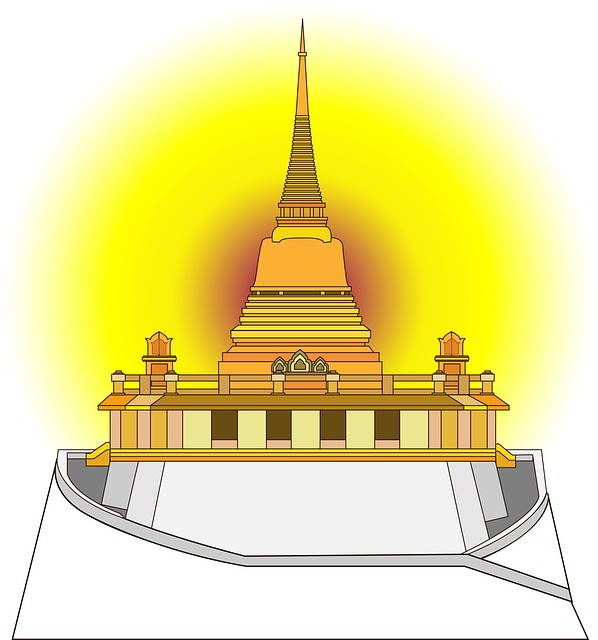Practicing impermanence will eradicate our clinging to permanence, which is rather useful. For instance, even we cannot perceive the inner instantaneous impermanence of an object, if we realise that something is unreliable and impermanent, then we’ll overly cling to it, and reminding ourself over and over again: “since it’s unreliable, why bother to care and cling to it?” In this manner, our attachment will gradually decline.
~Depicted from LUMINOUS WISDOM BOOK SERIES










